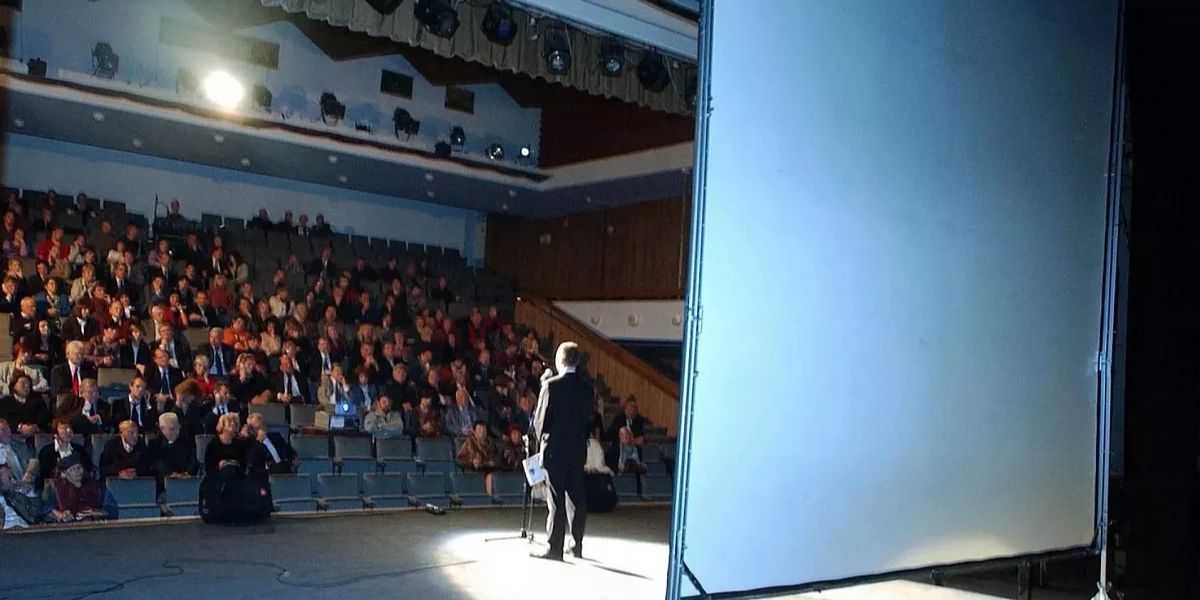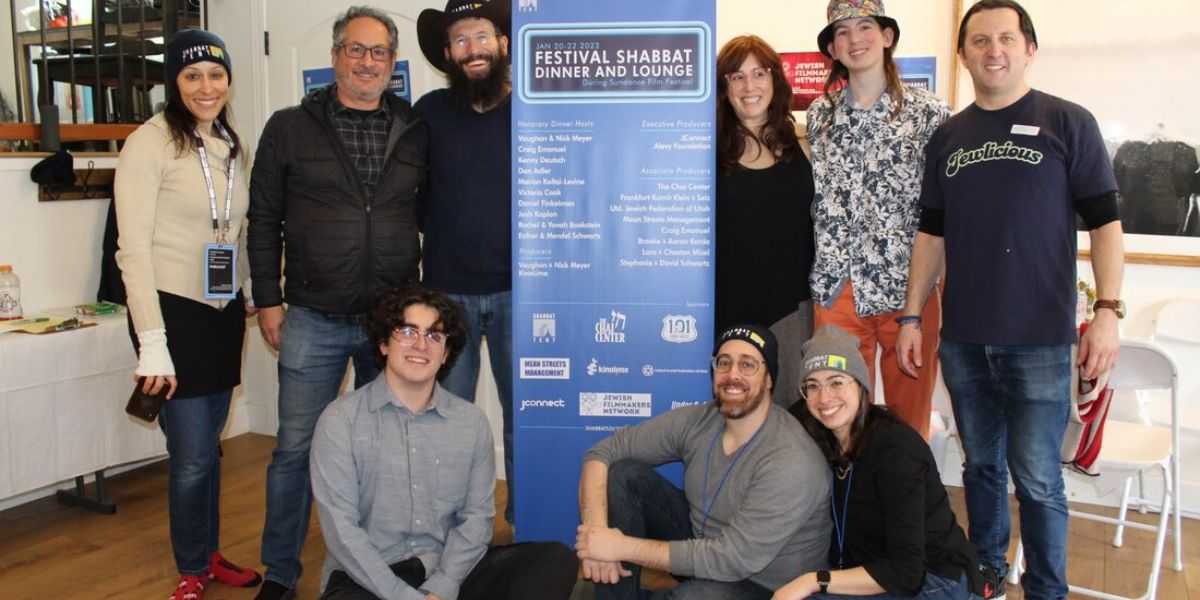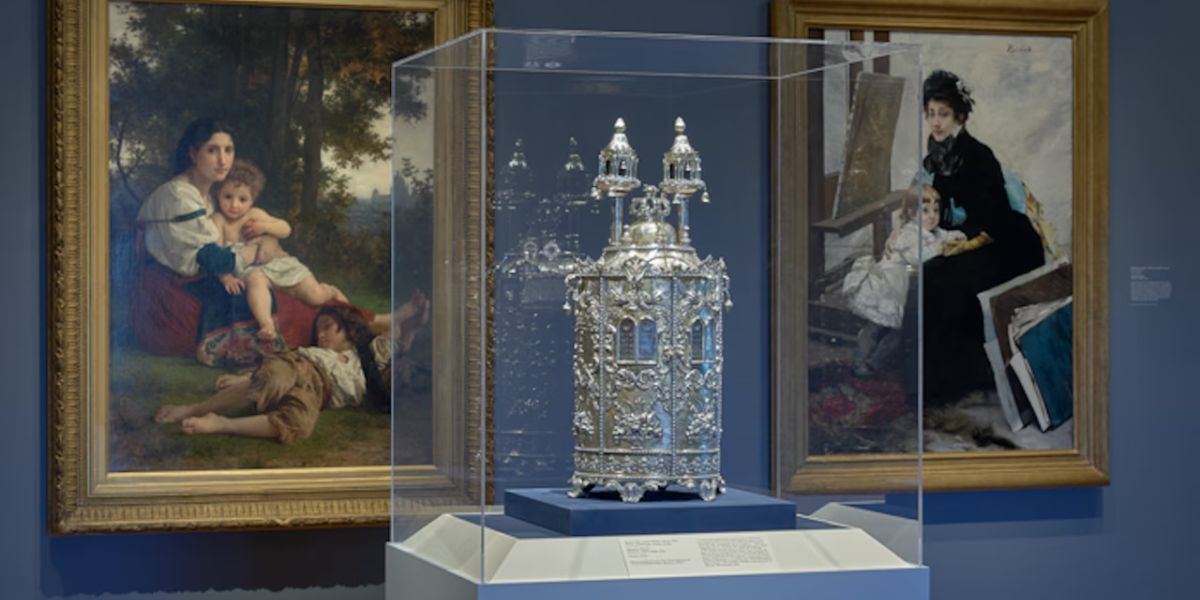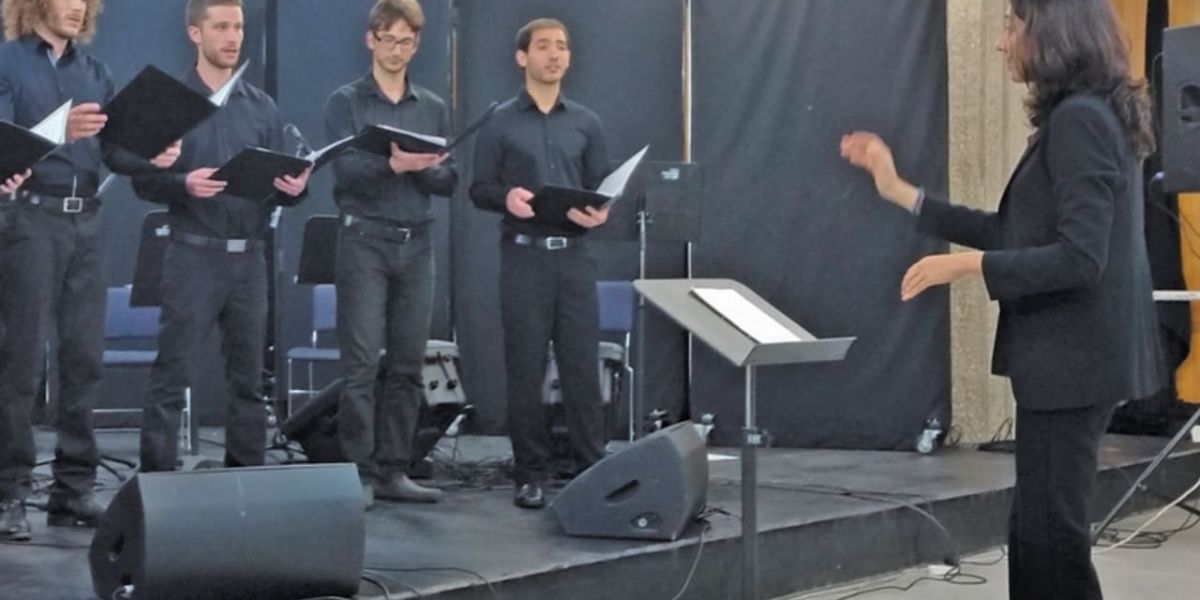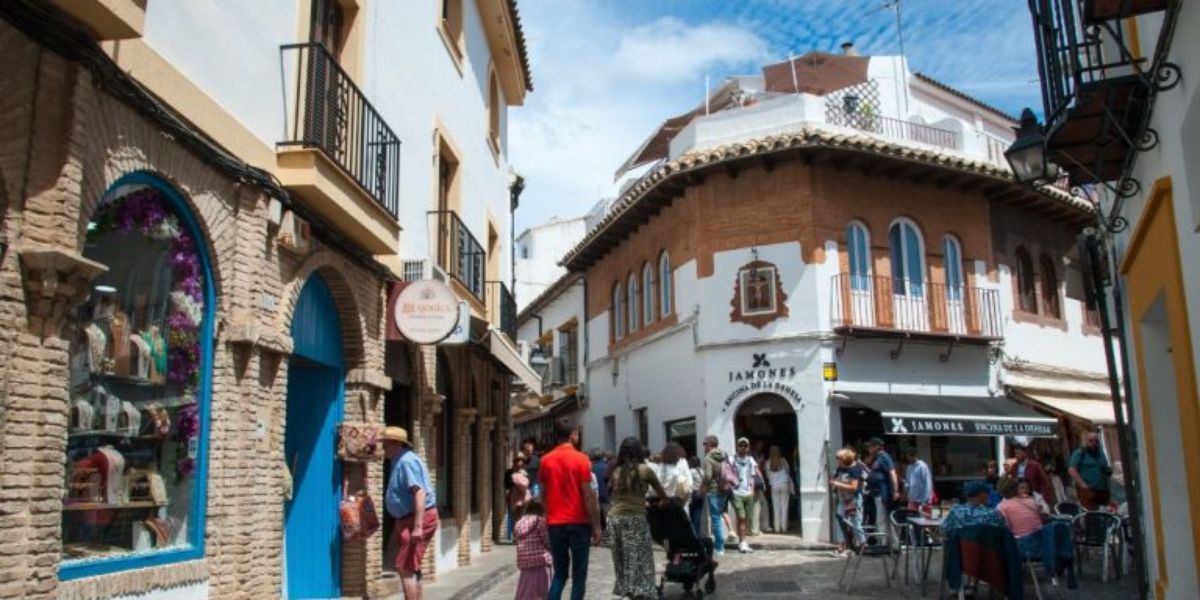Across Asia, Jewish film festivals are emerging as vibrant cultural bridges — connecting diaspora audiences, sparking cross-cultural conversations, and celebrating a shared sense of identity through cinema. These festivals are more than just screenings; they are spaces where communities reconnect, rediscover their roots, and engage with the broader world through storytelling.
The Growth of Jewish Film Festivals in Asia
Over the past decade, Jewish film festivals have expanded from small community events to internationally recognised gatherings across cities like Hong Kong, Singapore, Tokyo, and Shanghai. Once limited to local synagogue halls or cultural centres, they now occupy prestigious venues and attract both Jewish and non-Jewish audiences.
Table of Contents
The Hong Kong Jewish Film Festival (HKJFF), established in 1999, remains one of Asia’s longest-running Jewish cultural events. Each year, it features a diverse selection of films that explore history, identity, resilience, and faith. From Israeli dramas to documentaries about Jewish life in far-flung regions, these festivals highlight the breadth of global Jewish experiences.
“Cinema allows us to see ourselves — not just as part of one community, but as part of a global dialogue,” said a long-time HKJFF curator. “It’s about connection, empathy, and understanding how our stories fit into a wider narrative.”
Building Bridges Beyond Borders
The power of these festivals lies in their ability to connect diasporas across continents. For many attendees, they offer a rare opportunity to engage with Jewish stories that mirror their own experiences of migration, adaptation, and belonging.
Through partnerships with film institutions and cultural councils, organisers have built networks that bring Jewish-themed films to audiences in Seoul, Taipei, and even Manila. This cross-border collaboration reinforces how art transcends geography and deepens shared cultural appreciation.
Many festivals now feature live Q&A sessions with filmmakers and historians, creating dialogue between creators and audiences. These conversations often highlight not just Jewish identity but also universal themes — justice, memory, love, and perseverance — that resonate across cultures.
The Role of Film in Preserving Heritage
Jewish film festivals play a crucial role in preserving cultural memory. They showcase stories of Holocaust survivors, Jewish refugees in Shanghai, and post-war diaspora families across Asia. These films ensure that younger generations — many of whom were born far from ancestral homelands — stay connected to their heritage through storytelling.
Modern technology has further amplified this mission. In the wake of the pandemic, several festivals, including Singapore’s Jewish Film Week, adopted hybrid models combining in-person screenings with virtual platforms. This digital shift opened access to audiences in countries without local Jewish institutions, ensuring that these stories reached beyond physical borders.
“Streaming allowed us to share our films with Jewish families in Malaysia and Indonesia — people who often feel isolated from larger communities,” noted a festival organiser from Singapore. “It was a turning point in making Jewish culture more inclusive.”
Representation and Diversity on Screen
What sets today’s Jewish film festivals apart is their commitment to diverse storytelling. They’re no longer limited to historical retrospectives or religious narratives. Instead, they spotlight contemporary issues: LGBTQ+ identity within Jewish life, interfaith marriages, and the evolving role of women in modern Judaism.
Israeli independent cinema has become a consistent highlight, offering raw, personal perspectives that challenge traditional portrayals of Jewish identity. Asian filmmakers are also joining this movement, creating documentaries that explore how Jewish heritage interacts with local cultures — from Jewish-Chinese marriages to shared culinary traditions.
This diversity of voices strengthens the festivals’ mission: to redefine what it means to be Jewish in a globalised, multicultural world.
Economic and Cultural Impact
Beyond the cultural value, these festivals have significant economic and social benefits. They boost local tourism, attract sponsorships from embassies and businesses, and encourage collaborations between Asian and Israeli creatives. Many film festivals have become part of broader Jewish cultural weeks, integrating art exhibitions, culinary events, and lectures into the experience.
Cities like Hong Kong and Singapore have positioned themselves as regional hubs for Jewish arts and culture, offering unique opportunities for interfaith understanding and creative exchange. This cultural diplomacy helps strengthen the ties between communities and enriches the broader artistic landscape of Asia.
Looking Ahead: The Future of Jewish Storytelling in Asia
As the appetite for authentic storytelling continues to grow, the future of Jewish film festivals in Asia looks bright. Organisers are now exploring AI-powered curation tools to personalise viewer experiences and developing educational initiatives that teach young filmmakers to tell Jewish stories through a modern lens.
The continued success of these festivals proves one simple truth: stories have the power to unite. Whether in Hong Kong or Hanoi, audiences are discovering that Jewish cinema isn’t just about one people — it’s about humanity’s shared search for meaning, memory, and belonging.
Call to Action
Have you attended a Jewish film festival or discovered a story that moved you? Share your thoughts in the comments below and explore more stories celebrating Jewish life and culture at jewishtimesasia.org.

